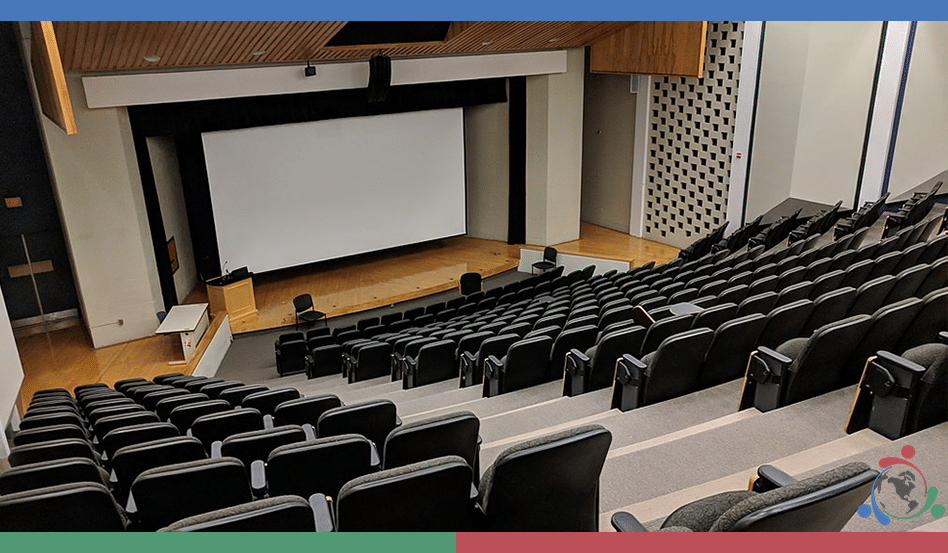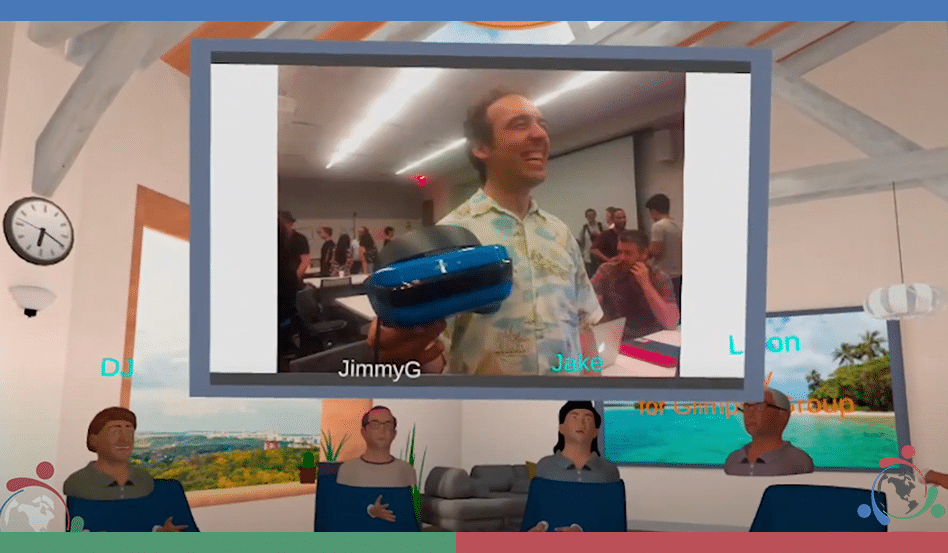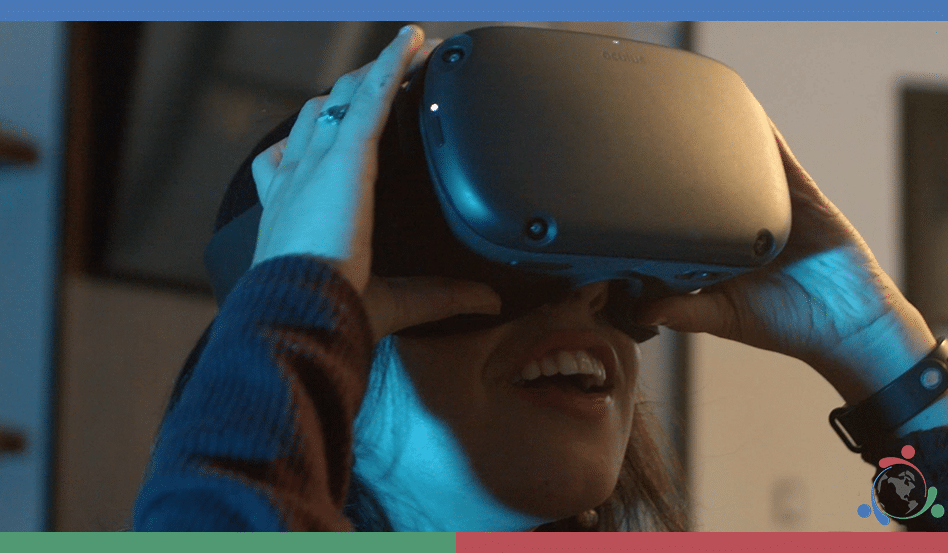Research indicates that remote work will equal, if not surpass, fixed office locations by the year 2025. Already, 70% of professionals work remotely at least one day a week and over 50% work remotely half the week.
Here are three ways VR helps increase collaborative productivity in an increasingly decentralized world:
Increases Focus and Attention
Currently, employees rely on some combination of phone calls, video conferencing, and group chat to communicate and collaborate remotely. Everyone is in their own world along with all the distractions that go along with it. With VR, remote participants meet in a singular, shared environment and interact through high quality audio, all encompassing visuals, and true-to-life movements and gestures. In short, the ‘real’ world does not distract focus from the work at hand.
Enables More Productive Collaboration
With VR, collaboration is not restricted to a meeting room or monitor. Collaborators in 3D environments can view content across multiple screens at the same time, manipulate and analyze objects from any angle, recreate real-world scenarios by embodying any persona, seamlessly break out into smaller sessions, and preserve the output of any collaborative session to revisit at a later point in the same space.
Creates a Feeling of Being There
As more people work from home, WeWorks, and local coffee shops for more days a week, employers will face the ongoing challenge of creating a work environment that feels tangible, connected, and real. Despite the name, virtual reality offers the closest thing to a real feeling of proximity, place, and community of any other communication technology that exists today.
With stand-alone VR headsets now less expensive than a typical mobile phone, there has never been a better time to introduce VR into the communication mix of any remote work force.
Foretell Reality is an enterprise VR solution for interpersonal communication and business collaboration. Learn more here.














Recent Comments